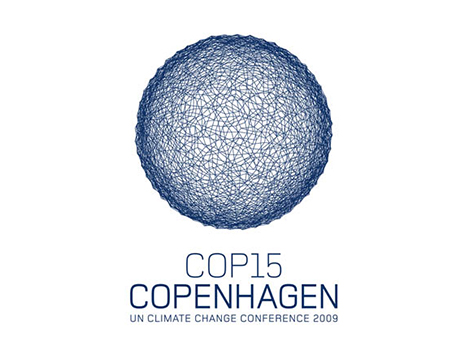
On Monday 7th December, the much anticipated meeting of the parties of the United Nations Framework Convention on Climate Change (COP15) and the parties of the Kyoto Protocol (CMP5) finally gets underway. From 7th to the 18th December, 192 governments will try and negotiate for a new global agreement to replace the Kyoto Protocol, which set targets for the period 2007 to 2012.
The Copenhagen Conference has been described by some commentators as ‘make-or-break’, perhaps the last chance to produce an agreement to constrain greenhouse gas emissions and curb human-induced climate change.
Yet all the signs leading up to this climate change summit have indicated that it is unlikely that the 192 parties will deliver a legally binding agreement. Instead it is being postulated that another meeting in 2010 will be required to finalise and cement any political agreement made in Copenhagen.
It has been two years, bar just over a week since these 192 governments agreed to formulate a new deal on climate change when they met for the 13th Conference of the Parties in Bali in 2007. At the end of that meeting the parties agreed to launch a two-year negotiating process – the “Bali roadmap” – aiming to secure a binding deal at the 2009 UN summit in Denmark.
The Bali Road Map consisted of a number of decisions that represented the various tracks, essential to reaching a secure climate future. It included the Bali Action Plan, which laid down the course for the negotiating process designed to tackle climate change to end with a binding agreement at Copenhagen in 2009. To conduct the process, a subsidiary body under the Convention was set up, called the Ad Hoc Working Group on Long-term Cooperative Action under the Convention (AWG-LCA).
Since then the parties have met on numerous occasions, four major UNFCCC meetings to implement the Bali Roadmap took place in 2008. These meetings were followed by COP14 in Poznan, Poland in December 2008. In 2009, there have been 5 preparatory talks leading up to Copenhagen; the last of these was in Barcelona in November.
Despite two years of meetings, talks and negotiations, the weeks leading up to Copenhagen have seen many of the parties move further away from any kind on consensus.
During the final session of the preparatory talks in Barcelona, rich and poor, developed and developing countries have reached what can only be described as a political impasse. This could of course all just be posturing before the actual conference in Copenhagen.
What has emerged during the preparatory talks is that developing countries are seeking financial compensation and developed countries want commitments from countries like China and India to reduce their carbon emissions.
In terms of the history of climate change agreements the fact that there is still no consensus is nothing new. The Kyoto Protocol was finalised in 1997, yet it did not come into force until 2005. It was always a weak and relatively toothless mechanism to drive change due to the absence of the USA, still one of the world’s major carbon emitters.
Away from Copenhagen, climate change dissenters have begun to raise their voice and reignite the debate over the science behind climate change. Once again the sceptics and the believers debate over the evidence that the earth’s temperature is increasing and that if it was rising, it has now ceased. The recent data hacking at the Climate Research Unit at the University of East Anglia has also fuelled the debate that computer models are not reliable and that the climate’s atmosphere is not behaving as the models predict.
The Copenhagen Conference could turn out to be ‘the perfect storm’ that moment when all political, scientific, economic and environmental pressures collide.
Over the next two weeks, I will track the progress of the conference and provide regular blogs on the major developments, decisions and disagreements arising out of the debates. One thing is for certain; Copenhagen may finally offer the critical discussion about climate change that has long been overdue.







